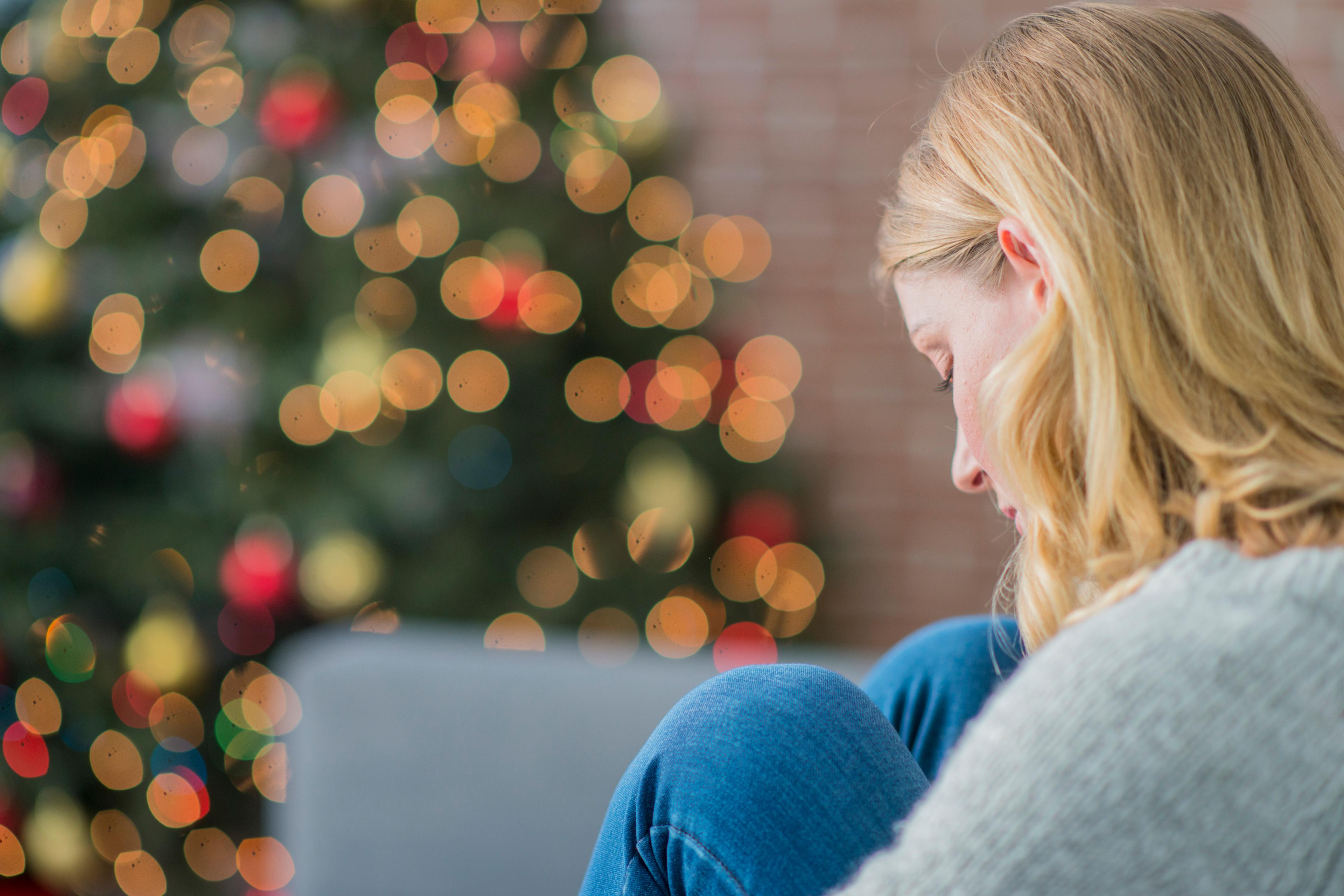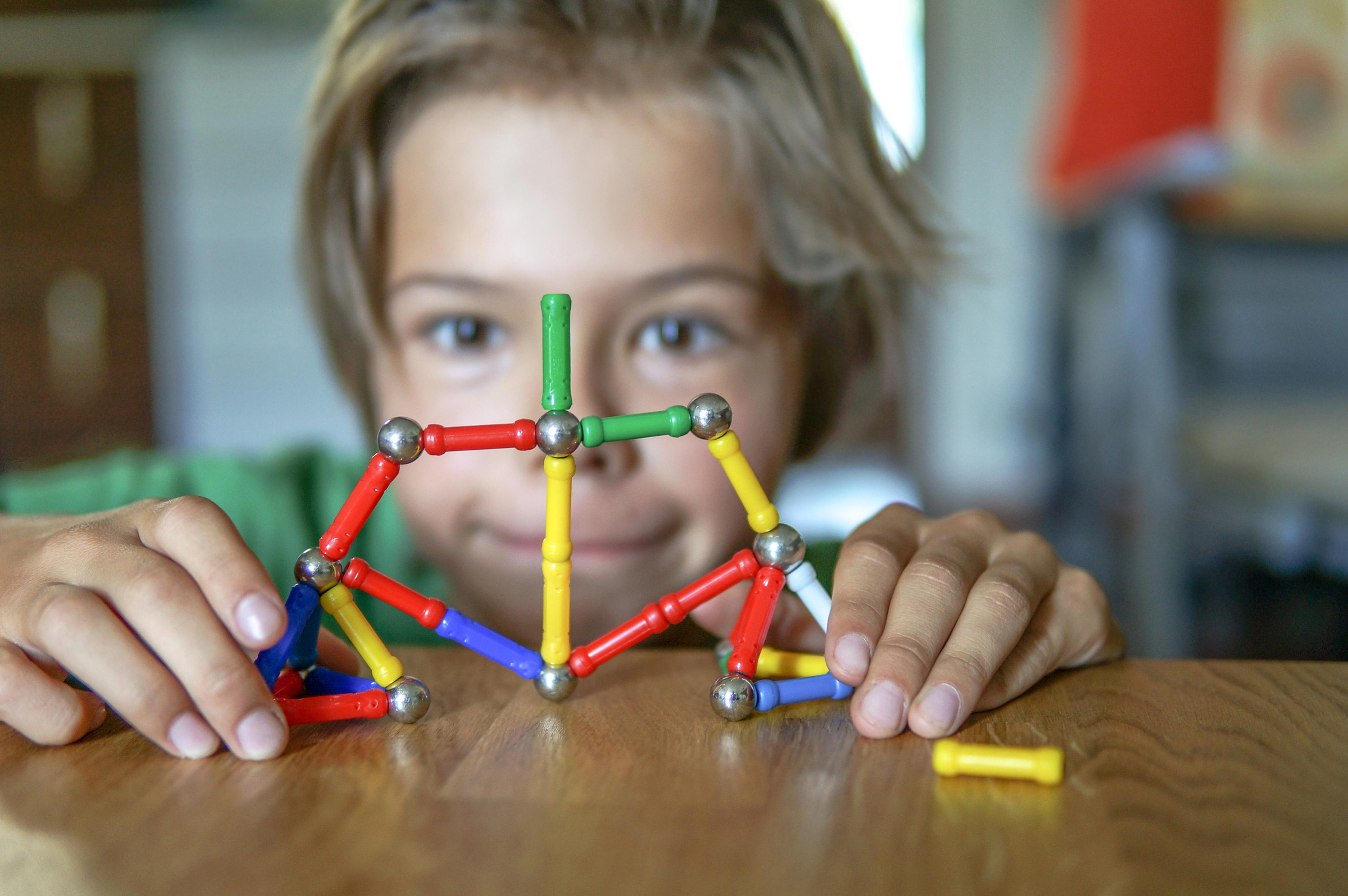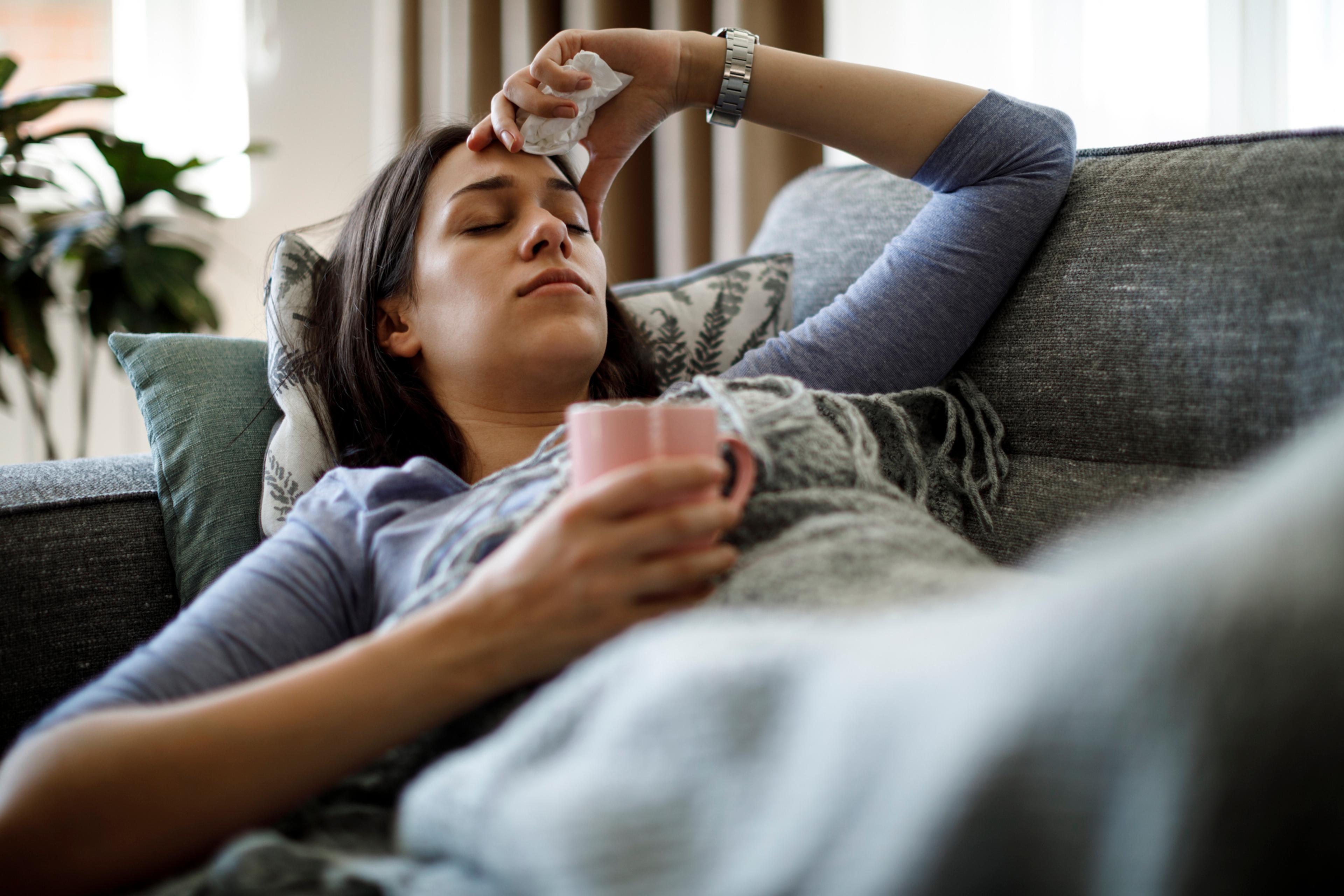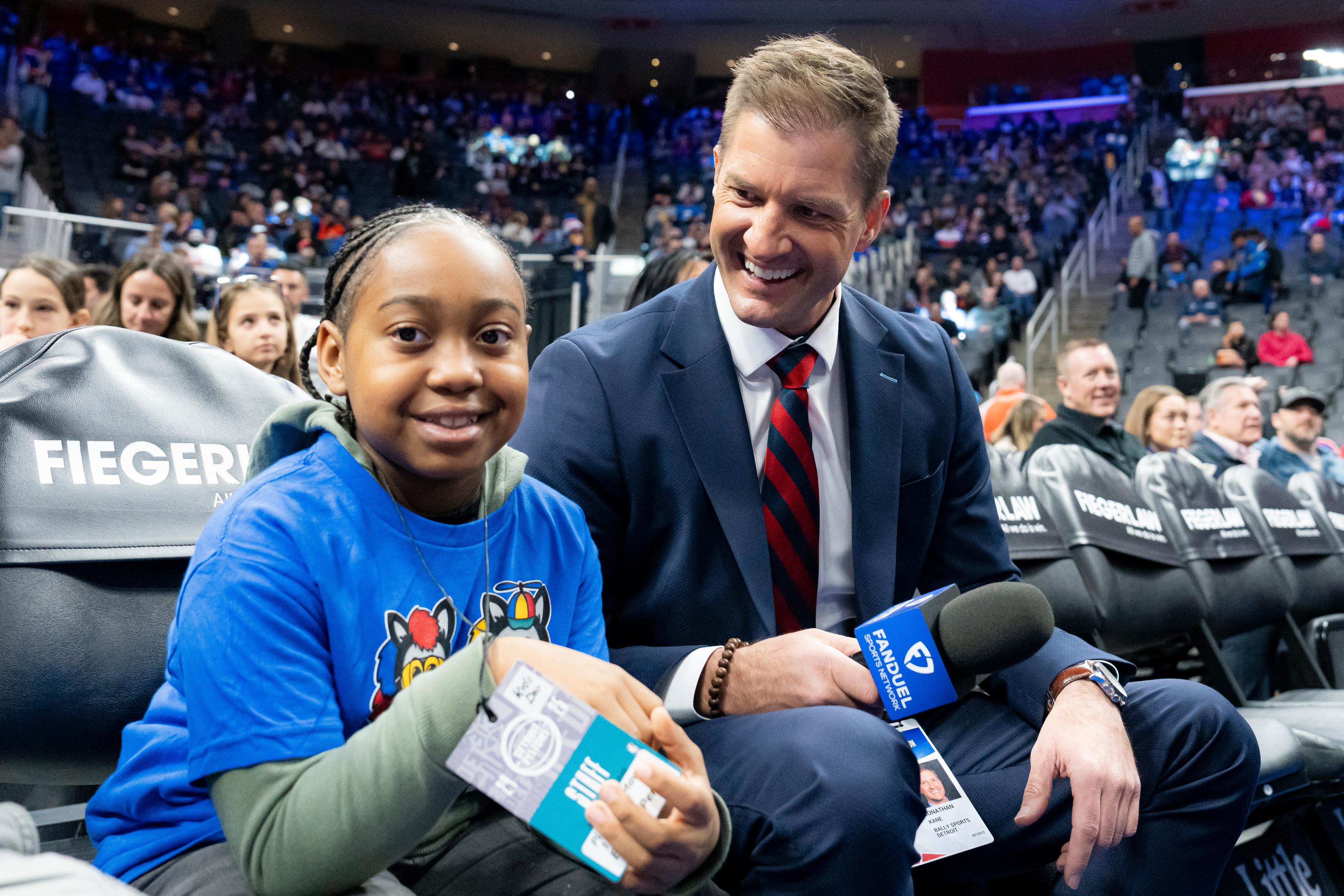Anxiety Screening Recommended for Children 8 and Older
Amy Barczy
| 3 min read
Amy Barczy is a former brand journalist who authored...
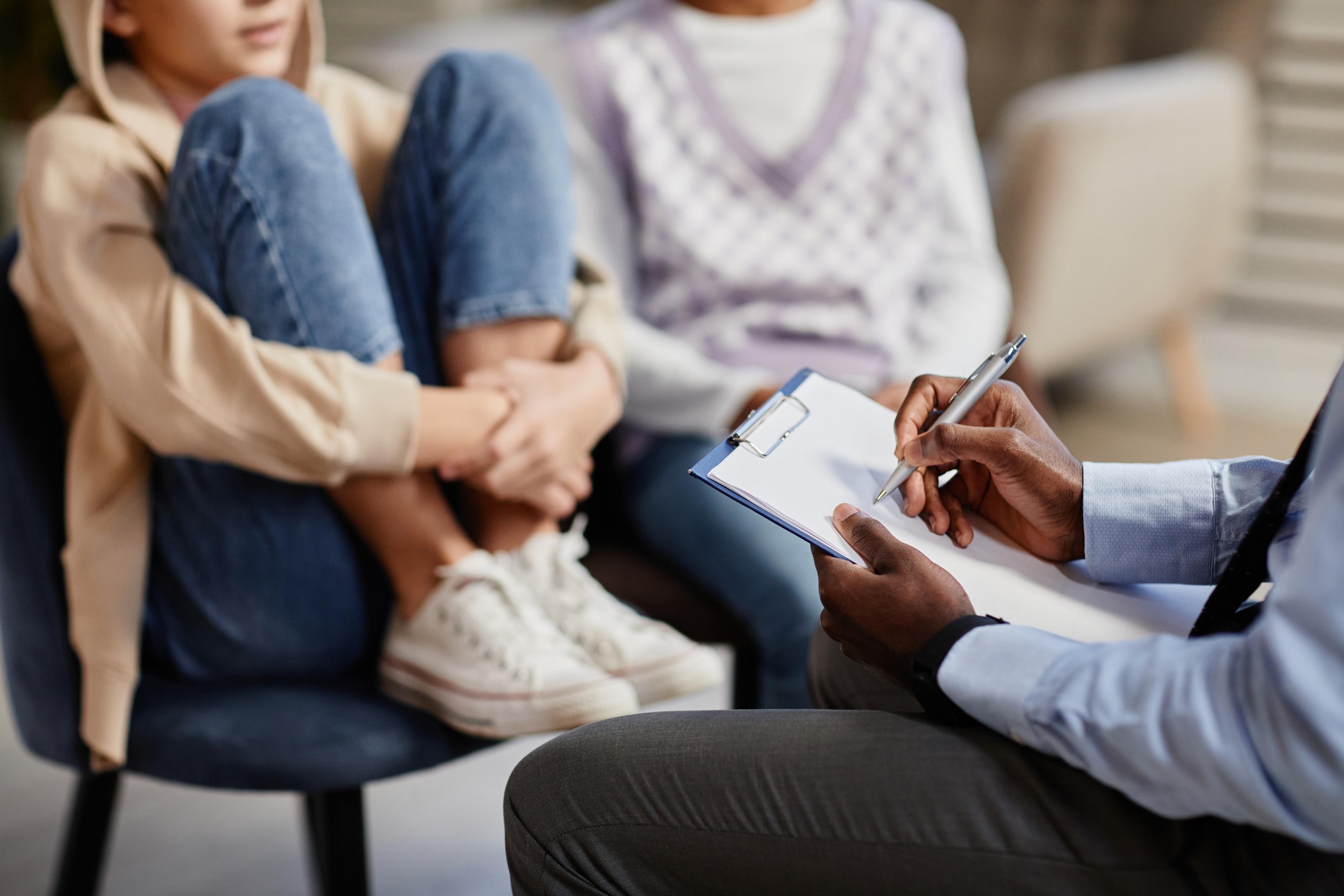
Children ages 8 to 18 years old should be screened for anxiety disorder, according to a new recommendation from the U.S. Preventive Services Task Force.
The independent experts on the task force made the recommendation after a comprehensive review which was published in JAMA. About 7.8% of children ages 3 to 17 years old in the U.S. have a current diagnosis of anxiety disorder.
Anxiety disorders are some of the most common mental health disorders in children. They include a group of conditions in which excessive fear or worry results in emotional and physical symptoms.
About 75% of anxiety disorders manifest during childhood. Some types of anxiety disorders, including separation anxiety and selective mutism, tend to appear earlier in childhood, while others like social anxiety and more specific phobias appear more often in older children.
“Anxiety during childhood and adolescence can increase the risk for future anxiety disorders and/or a depression diagnosis,” said Dr. William Beecroft, medical director of behavioral health at Blue Cross Blue Shield of Michigan. “Early diagnosis of anxiety disorders can have substantial benefits – especially because anxiety disorders are treatable when working with a mental health professional.”
Left untreated, anxiety disorders can also increase the risk of substance use. In school, untreated anxiety could affect a student’s grades, performance and development of their social skills as they may choose to isolate themselves.
Symptoms of anxiety in children
The U.S. Centers for Disease Control and Prevention list the following symptoms of anxiety disorders in children:
- Extreme fear about a specific thing or situation
- Extreme fear when away from parents or caregivers
- Extreme fear of school or places with other people
- Extreme worry about the future and bad things happening
- Repeated episodes of sudden, intense fear with symptoms of trouble breathing or feeling dizzy, shaky, sweaty or heart pounding
- Irritability or anger
- Trouble sleeping
- Fatigue
- Headaches
- Stomachaches
It’s also possible for children to keep their fears and worries to themselves and to exhibit no other physical or behavioral symptoms.
Treatment for anxiety in children
Treatment for anxiety can include psychotherapy – including cognitive behavioral therapy – and/or medication. Talk with your child’s primary care doctor or therapist if you are concerned your child has anxiety to determine the type of treatment plan will work best for them.
Blue Cross Blue Shield of Michigan and Blue Care Network can help members find an in-network mental health professional by calling behavioral health access lines listed below:
PPO: Behavioral Health Access Line | 1-800-762-2382
- A free and confidential resource that’s just a call away when you need immediate support. Behavioral health professionals answer, 24/7.
HMO: Behavioral Health Access Line | 1-800-482-5982
- Connect with a behavioral health clinician if you need help finding a mental health or substance use provider.
Behavioral health clinicians are available for routine assistance from 8 a.m. to 5 p.m., Monday through Friday. For urgent concerns after hours, clinicians are also available 24 hours a day, seven days a week.
Learn more about mental health and options you have as a member to seek help at bcbsm.com/mentalhealth.
Photo credit: Getty Images

